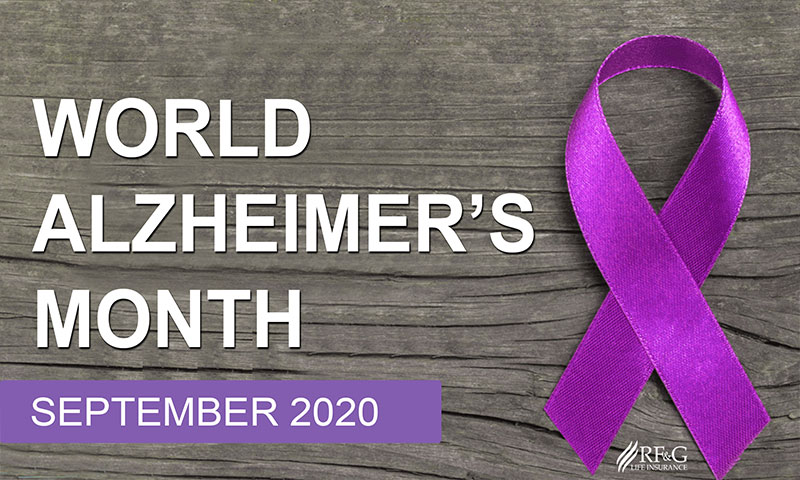BE MINDFUL OF THE SYMPTOMS AND RESOURCES FOR DEMENTIA & ALZHEIMER’S
Dementia is a collective name for progressive brain syndromes which affect memory, thinking, behavior and emotion. Dementia is the leading cause of disability and dependency among the elderly. Although each person will experience dementia in their own way, eventually those affected are unable to care for themselves and need help with all aspects of daily life.
There are over 100 forms of dementia. The most well-known form of dementia is Alzheimer’s disease, which accounts for 50-60% of all cases. Other forms of dementia include vascular dementia, dementia with Lewy bodies and frontal-temporal dementia.
Dementia affects almost 50 million people worldwide, with a new case of dementia occurring somewhere in the world every 3 seconds. Dementia can also affect individuals under the age of 65 (young onset dementia). Greater awareness and understanding of dementia is important to challenge the myths and misconceptions that surround the condition.
The following are 10 warning signs of dementia:
- Memory Loss
- Difficulty performing familiar tasks
- Problems with language
- Disorientation to time and place
- Poor or decreased judgement
- Problems keeping track of things
- Misplacing things
- Changes in mood and behavior
- Trouble with images and special relationship
- Withdrawal from work or social activities
Ways to reduce the risk of Dementia include taking care of your heart, being physically active, following a healthy diet, challenging your brain, and enjoying social activities. Dementia is not a natural part of aging and you should talk to your healthcare provider.
There are a number medical and psychological disorders that co-occur with Alzheimer’s disease. These include vascular disease, thyroid disorders, sleep apnea, osteoporosis, glaucoma, depression, anxiety, GI disorders, and many other metabolic conditions.
You can live more positively with dementia than public perception, by seeking support from your family, friends, health providers, social workers, support groups, and the Belize Alzheimer’s Association.
DEMENTIA & COVID-19
The COVID-19 outbreak has highlighted the lack of preparedness of health systems globally to provide routine services and support to people living with chronic conditions such as dementia. During lockdown and restrictions, it’s essential that older people, especially those living with dementia, are not socially excluded. During the COVID-19 pandemic, it is imperative that people keep talking about dementia, seeking out information, advice, and support. Do not wait until after lockdown or restrictions end to speak to your doctor about symptoms of dementia you may be experiencing.

